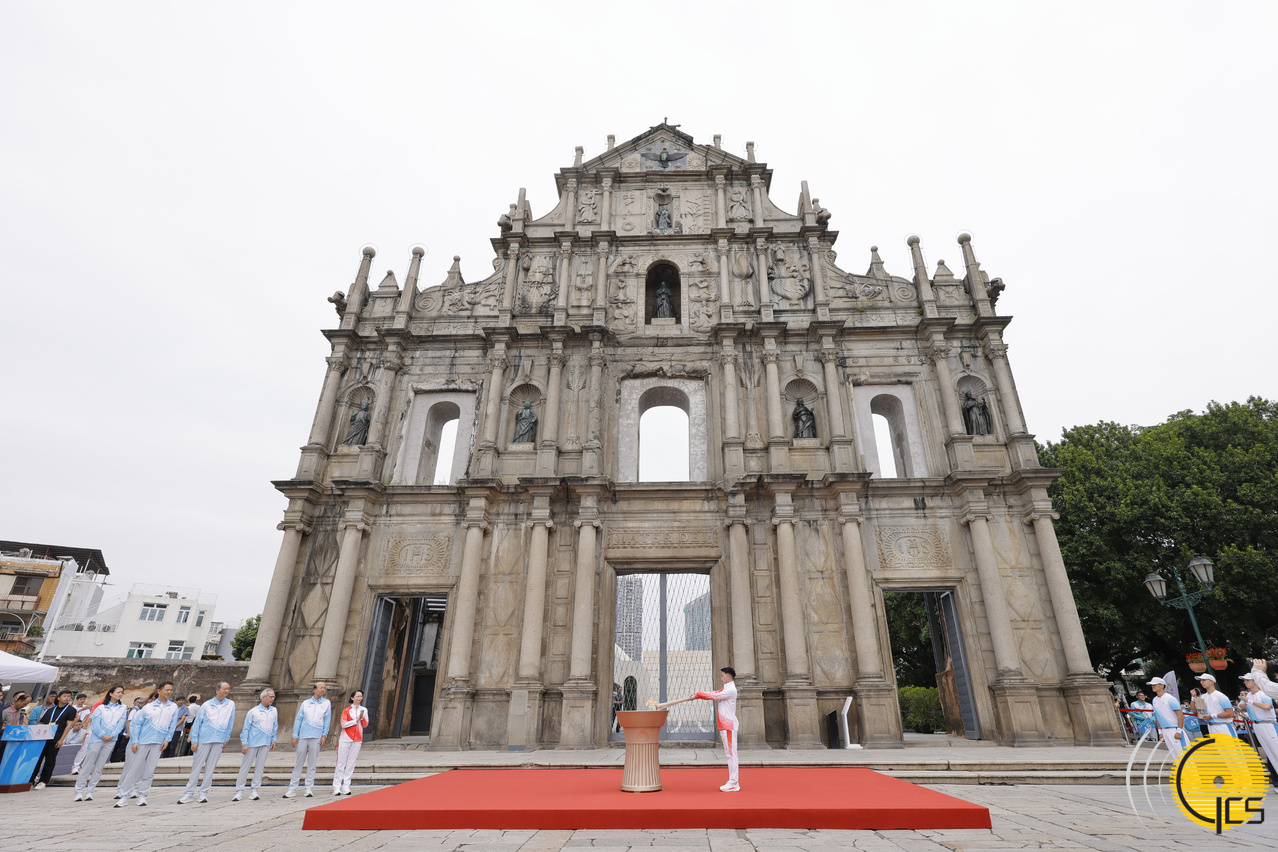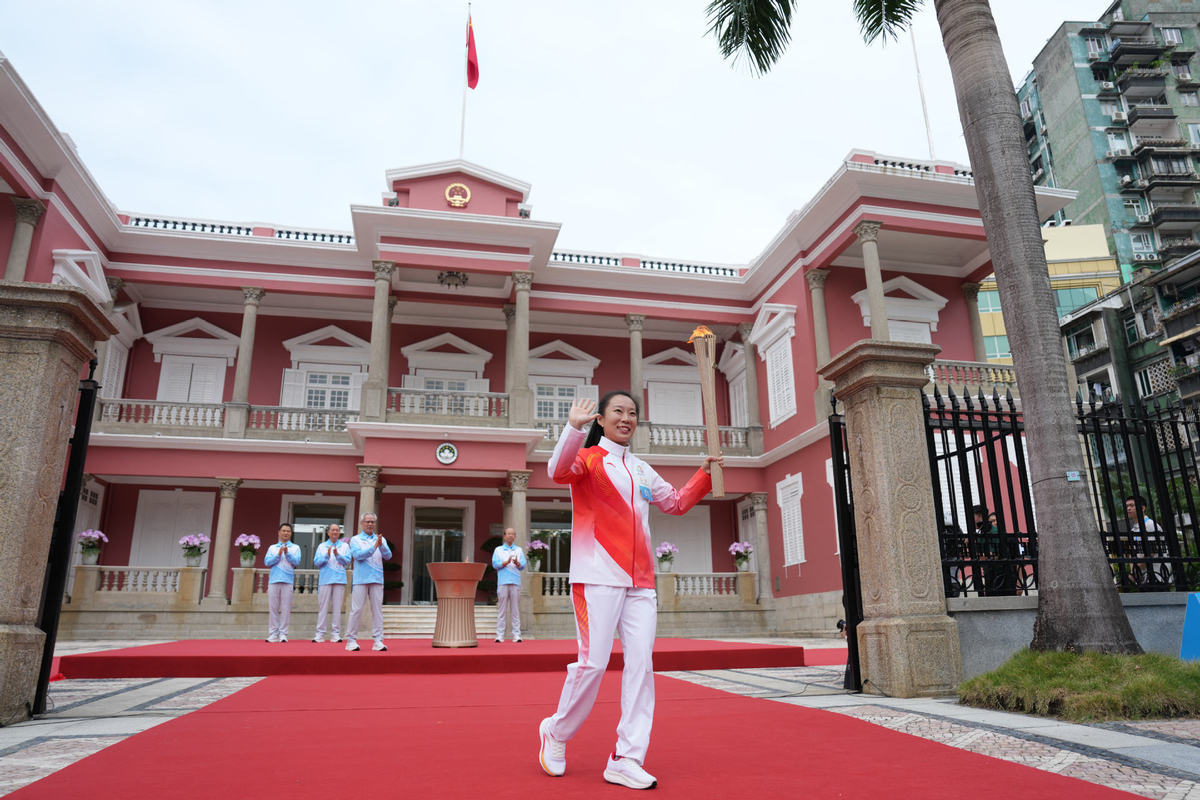
In a striking show of local engagement ahead of the upcoming 15th 15th National Games — co-hosted by the Guangdong, Hong Kong and Macao regions — Macau’s six major gaming concessionaires took centre stage during the regional torch relay held on Sunday.


The relay itself spanned approximately 2.6 kilometres across Macau Peninsula, starting at government headquarters and culminating at the historic Ruins of St. Paul’s landmark. Official reports confirm 50 torchbearers from diverse sectors carried the flame through the route, part of the first cross-boundary torch relay in the Games’ history.
Among the group of 50 torchbearers dispatched by the gaming concessionaires of Macau were senior executives from each of the six firms. For example, Galaxy Entertainment Group sent Director Philip Cheng; Wynn Macau was represented by President and Vice-Chair Linda Chen; SJM Holdings by Chairman & Executive Director Daisy Ho; MGM China by Chairman & Executive Director Pansy Ho; Sands China by Vice President of Sports Events Development Shen Yang; and Melco Resorts & Entertainment Limited by Director Clarence Chung Yuk Man.
This marks more than symbolic participation: the six concessionaires each committed MOP 40 million (approx. US$5 million) in sponsorship to the Macao Organising Committee for both the National Games and the parallel Para Games. In addition, they have offered venue support: Galaxy Arena will host table tennis events; Wynn Palace’s south-gate lawn will stage outdoor 3×3 basketball; Studio City Arena is assigned under-18 five-a-side men’s basketball, and The Venetian Arena will host the women’s senior volleyball competition.
For Macau, this moment represents a strategic alignment between its gaming/tourism sector and its evolving role as a sports event host. The simultaneous torch-relay, undertaken by Guangdong, Hong Kong and Macau, reinforces the broader ambitions of the Guangdong–Hong Kong–Macao Greater Bay Area (GBA) as an integrated events-destination region.
From a corporate-governance angle, the visible involvement of top-tier gaming-group leadership signals a shift in how these operators project themselves: no longer simply resort-developers, but stakeholders in civic and regional infrastructure. It also suggests that gaming concessionaires recognise broader value propositions — enhancing destination credentials, reinforcing brand visibility, and aligning with government social-sporting programmes.
Nonetheless, the collaboration raises questions about the boundaries between gaming-sector branding and public-sporting events, an issue that regulators and public-policy observers may increasingly scrutinise. With gaming operators funding major parts of the sporting infrastructure and sponsorship, there may be reputational and regulatory implications (for example, how much “commercial presence” is acceptable at national-level games). While the article doesn’t detail those issues, they merit attention.
Looking ahead, the 15th National Games commence on 9 November, with Macau hosting four of the events, while the 12th National Para Games and the 9th National Special Olympics begin in early December across the three regions.

 Content Writer: Janice Chew • Monday, 25/11/2025 - 22:01:52 - PM
Content Writer: Janice Chew • Monday, 25/11/2025 - 22:01:52 - PM